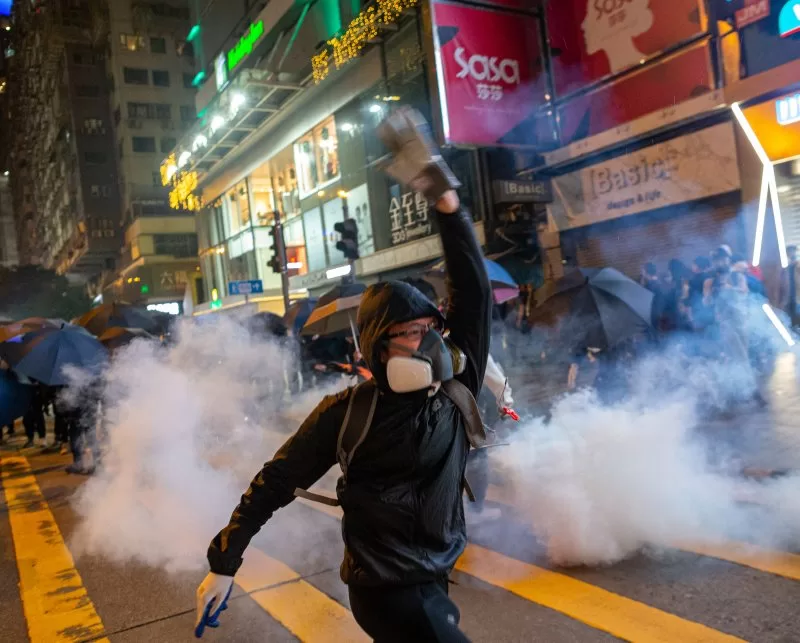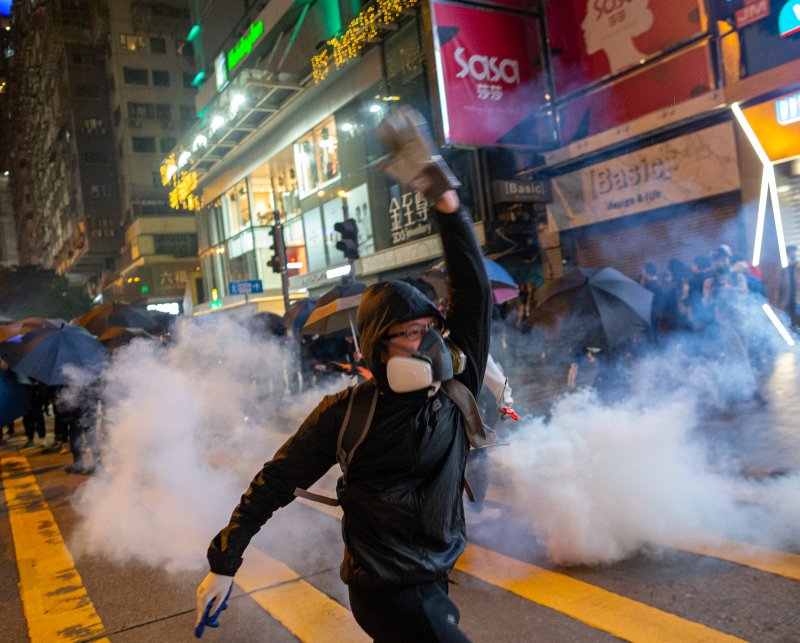An appeals court in Hong Kong ruled that the government can ban “Glory to Hong Kong” a song that was widely used during pro-democracy protests in 2019. File Photo by Jerome Favre
May 9 (UPI) — A Hong Kong appeals court ruled the government had the power to ban the protest song “Glory to Hong Kong,” which had emerged as a protest song during 2019 pro-democracy demonstrations, overturning a lower court ruling.
Hong Kong officials had complained that the song had prompted “violence and disturbances.” The song had become so popular that it became confused with the Chinese anthem March of the Volunteers.
Authorities had demanded that Google and other Internet platforms take down the song there.
The appeals court judges said it was “necessary” to ask Internet platforms to remove the song and associated “problematic videos.”
Sarah Brooks, Amnesty International‘s China director, said the ruling was another example of fast-shrinking freedoms in Hong Kong.
“The Hong Kong government’s campaign to ban a song is ludicrous as it is dangerous,” Brooks said in a statement. “Banning ‘Glory to Hong Kong’ not only represents a senseless attack on Hongkongers’ freedom of expression, it also violates international human rights law.
“Today’s appeal victory for the government — after a lower court ruled against it last year — is a worrying sign of the authorities’ growing unwillingness to respect human rights and uphold their obligations.”
Hong Kong High Court Judge Anthony Chan had rejected the government’s arguments for banning the song last July, as authorities said it incited sedition and other acts and the prohibition violated free speech rights.
Despite Beijing’s most recent crackdowns, the one-time British colony remains a mostly autonomous special administrative region and continues to maintain its own legal system, currency and government sectors separate from mainland China.

